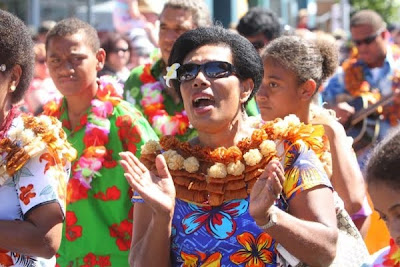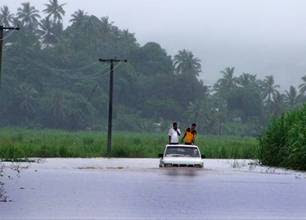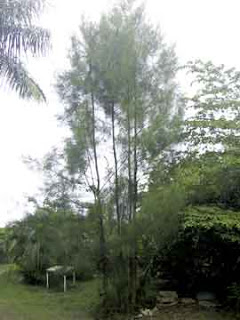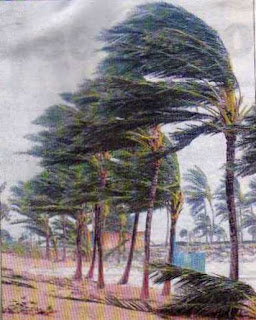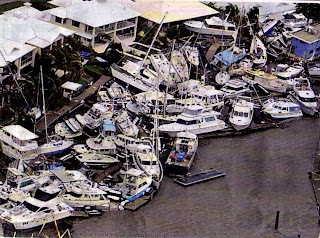from w
From the time I did a couple of Journalism subjects at Deakin, I've been interested in the sub-texts of the articles I read in the papers and see on the TV - why so much emphasis on conflict, tragedy, stupidity, 'bad' news, and of course sometimes an ethnocentric bias such as page one - one Australian died, page 26 5000 died in Bangladesh. Anyway, here's an article from a lecture given recently in Fiji. I'll read it more carefully and make some comments later on - at the moment we are off to a barbecue of our Fiji group here in Australia.
from the
Fiji Times features today:
Report some things or report nothingSaturday, February 05, 2011

Head of Journalism at USP Shailendra Singh.
The form, function and ethos of news media in Fiji and the Pacific are under increasing scrutiny. Debate about the suitability of western-style reporting in fragile, multi-ethnic societies is gaining momentum given the premium placed on conflict as an element of news.
Recently, two seminars on media and peace-building were held in Suva to discuss such issues.
The mainstream media might retort that social cohesion or peace-building is not our responsibility. Our job is to report the news fairly, accurately and objectively. Or, as a result of public debate and discussion, mainstream media might have a rethink about whether it can continue to report in the same manner as before when so much has changed in the interim.
In terms of Fiji's media environment, such discussions are starting to happen, which is a sign of progress.
Devil's advocate
Just like government, media needs to be scrutinized and challenged. It needs a devil's advocate to keep it on its toes, and in touch with the people.
Given our watchdog role, we are constantly looking out for, and picking faults, in others. Because of this, we sometimes develop a condition whereby we think we are always right, blinding ourselves to other points of view.
We start thinking that we have a monopoly on the truth, assume the moral high ground and become averse to change and criticism. In other words, we fail the society we are supposed to serve.
I will argue, with some trepidation, that we have seen shades of this attitude in the Fiji media landscape.
Since Independence, particularly in the last 25 years, Fiji has become increasingly unstable.
But we are still stuck in the rut of 1970s-style reporting, which places a premium on conflict as a news element.
We inherited our news reporting methods and values from Britain and other European models.
But our country is different from England, and also from Australia and New Zealand for that matter.
Uncompromising and hard-hitting journalism, including hyping up or sensationalizing conflict, may not result in a coup or riots in well-entrenched democracies.
But it can devastate fragile multi-ethnic societies. We have seen some terrible examples of this in some African countries, and Fiji should take lessons from this.
said that for most of the time, successive governments in Fiji have been their worst enemy due to dishonesty and ineptitude.
Commercializing conflict
Traditional news reporting has strengths in exposing corruption, promoting human rights, espousing equality and holding leaders accountable. But there are perceived weaknesses in this model when applied in unstable, multiethnic societies, particularly given the emphasis placed on conflict as a key element of news. In order to boost circulation, media is not averse to hyping up conflict, which has become a highly commercialized commodity in the news reporting business.
In Fiji the media is paradoxically seen as both a champion of democracy and a security threat because of a perceived tendency to either misreport or sensationalize conflict.
Of cats and dogs
Recently Radio Australia reported that there was a general decline in journalistic standards in Fiji, and media was running "dog and cat stories".
I described the report as "superficial" in a media interview.
I said overseas journalists, full of idealism but out of touch with the ground realities in Fiji, were painting an inaccurate picture of the country.
It's nave to judge journalism in Fiji through the Australia and New Zealand prism because the situation here is starkly different - have had a coup, and we have a punitive media law in place.
In the media interview, I posed the question: "What kind of journalism should we practise? "Is it the kind that will lead to the closure of news companies and loss of jobs?" We have to be realistic and strategic, and operate best as we can in the tough environment we are working.
As a colleague said, 'Martyrdom is great, but you do not live to fight the next day'. So survival is important as we wait for better days.
There was a cynical reference in the ABC report about Fiji media reduced to running "cat and dog stories".
This gave the impression that there was no serious reporting being done.
Granted that many things that should be reported are not being reported. But there is stark choices before us - report some things, or report nothing.
The 'cat and dog reference is a revealing one.
It shows what is wrong with journalism today both in Fiji and elsewhere. Unless you are reporting politics, scandals, celebrities or calamities, you are not doing real reporting.
Their situation of cats and dogs in Fiji is shameful and unconscionable.
We should all be having sleepless nights over it. Local media is doing a wonderful job highlighting the plight of these animals, only to get ridiculed for it by the overseas media.
Silver lining
So while the media's situation is not ideal at present, we need to make the best of it. And there are some silver linings in the clouds. For example, political rhetoric by leaders who love to grandstand used to draw journalists like moths to flame, and crowded out some other important news.
Recently however, we have noticed more space being given to social issues.
Media has run some really inspiring stories on sacrifices made by poor parents to put their children through school and university.
The fact that media has been covering and celebrating excellence and achievement in education is wonderful.
Fiji is a poor country. For us education can be a great liberator.
We need to promote education.What is happening in the Fiji media landscape is very interesting. We are redefining notions of 'what is news' and challenging long-held beliefs such as: 'Bad news is good news' and 'if it bleeds, it leads'.
Journalistic standards
Still on the media landscape, in Fiji there is a lot of discussion about journalistic standards.
My view is such discussions should be contextualized and compared with standards in other sectors, services and professions in Fiji.
"What is the standard of doctors and lawyers in Fiji?
How about the quality of our politicians, or the quality of governance? How well has our civil service served the country?
It is best to leave lawyers out of this discussion, but if you do a comparative study, you will find that journalists, who do not charge fees or use taxpayers' money, have not done too badly.
But we can hardly rest on our laurels. Fiji has great needs.
More than 40 percent of the population lives in poverty. People are paid a pittance for their labour, and generations remain caught in the poverty trap.
The media can make a difference, therefore it needs to carefully consider its priorities. Journalists, on their part, need to take their jobs seriously.
Fiji not only needs a free media, but also a socially responsible media.
A media less besotted with prominence and conflict, and more committed and devoted to the needs of its people.
It goes without saying that Fiji needs a media free of political influence and manipulation, and unencumbered by excessive government control and persecution.
nShailendra Singh is the head of journalism at the University of South Pacific. This commentary is based on a talk he delivered at the peace journalism workshop hosted by the Pacific Media Centre at AUT University in Auckland, New Zealand, on 4/5 December 2010.
The views expressed in the article are that of the author, and not necessarily of his employer.
